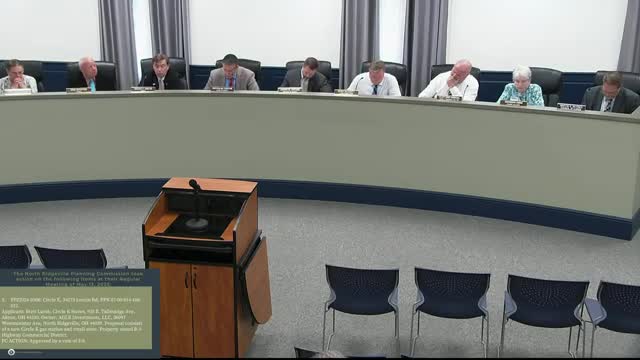Article not found
This article is no longer available. But don't worry—we've gathered other articles that discuss the same topic.
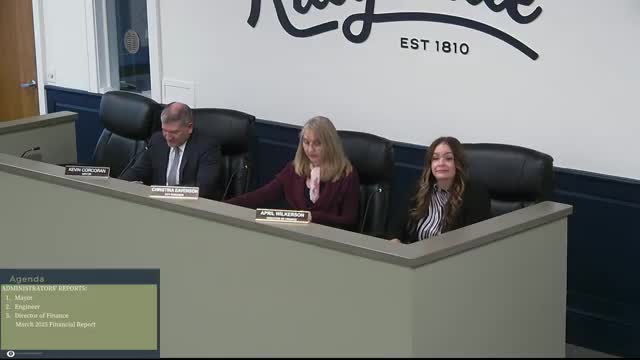
Council adopts 2025 budget amendment with emergency clause to fund immediate departmental needs
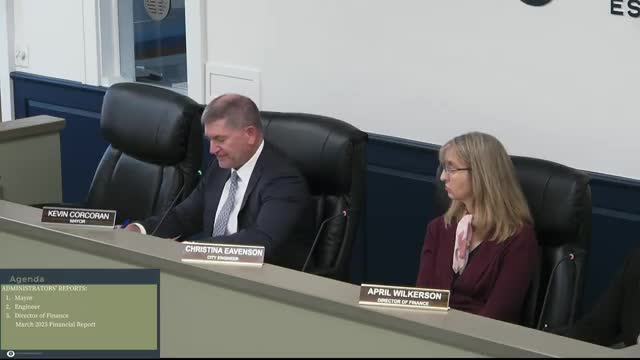
Council appoints Andy McDowell to Parks and Recreation Commission
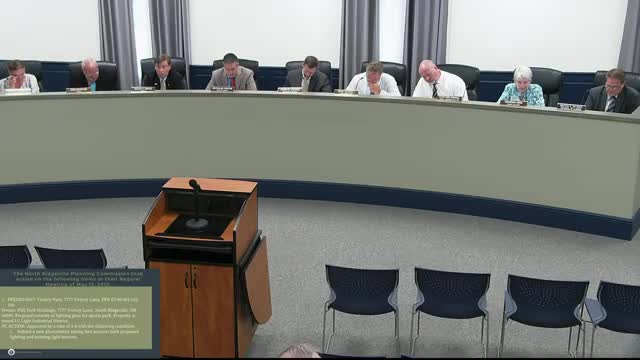
Planning Commission approvals for Victory Park lighting plan and Hampton Place Phase 8 move forward after council vote
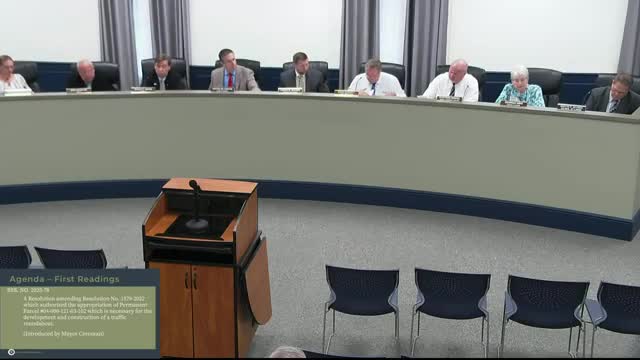
Council adopts emergency appropriation to acquire property for proposed Center Ridge roundabout
